Mini-Reviews of Recent Reads
This post may include affiliate links. That means if you click and make a purchase, I may earn a small commission. Please see Disclosures for more information.
Back in December, I looked ahead to 2018 and decided to make a few changes related to reading and blogging. One of the biggest ones: no more monthly roundups detailing what I read each month.
After reading several articles about how tracking reduces enjoyment of an activity, I decided to drastically scale back how I tracked my reading. I had found that I let the monthly roundups put pressure on me to read faster, read more, and choose shorter books–just so I could include them on the roundup.
Discontinuing those monthly posts has been so good for my reading. Rather than mentally counting up the number of books I’ve finished each month, or scrambling to finish one last book to include in the roundup, I’m reading with no pressure.
I’ve been meandering through my shelves and library checkouts, taking my time, and maybe not finishing quite as many books, but some of the joy that got lost when I was doing too much tracking is back. I’m also enjoying thinking about different ways of including the books I read into posts. A couple other recent reads were included in these posts:
For those below, though, it felt like time to give an update on what I’ve been reading. So, on to the books!
The Idiot
This is the strangely compelling story of Selin, a freshman at Harvard in the 90s--significantly, at the advent of email. A high school overachiever, Selin now finds herself uncertain, sometimes flailing, and searching, both in her academics and her social life--a state relatable to many a college freshman. Language becomes her means of searching for connection and truth, both through her linguistic studies and through writing. Deadpan and sometimes very funny, Selin is also an innocent. She starts a friendship with a compelling student named Ivan, unavailable but charismatic and irresistible, eventually following him to Hungary for a summer teaching program.
But this is less about the events--it will drag, if you like a plot-heavy novel--than about the disorientation that sometimes seems inevitable at 19. I love Roxane Gay's Goodreads review where she says, "Several times, I thought, “I am not smart enough to understand everything that is happening here,” but I kept reading." This is exactly how I felt, but I also sensed that Selin and Ivan often didn't understand what they were talking about either, in that way of college students who think they know it all and desperately need to keep up the facade, both to each other and themselves. I really liked this for its unflinching peer into those years of uncertainty, poor decisions, and total inability to remove ourselves from any of it. It's so different from anything I've read that it's hard to recommend to any particular kind of reader; approach it with patience and an open mind and you'll be rewarded with some insights and great humor, but I wouldn't be surprised if many readers didn't finish this either.
More info →
The War That Saved My Life
Ada has never seen the world beyond the dirty London street that she sees outside of her window. She's never seen grass or trees, and she's not exactly sure how old she is (she guesses nine). Her abusive mother has kept Ada locked inside her entire life, ashamed of her club foot.
When her brother Jamie is to be evacuated to the countryside to avoid the anticipated bombings of World War II, Ada steels herself and sneaks away from her mother. They find themselves in Kent, placed with Susan Smith, a woman who lives alone and does not want children.
Despite her unwillingness and her grief over her deceased partner (hinted at in the book, but not discussed in detail), Susan cares for the children, seeing to both their health and education.
Ada finds solace in a pony, crutches, and a physical freedom she'd never had, all while building relationships and a new confidence. But she struggles with the trauma of her past. Is she worthy of being loved? Will she be rejected again, or forced to go back to her mother? Could her foot ever be fixed?
These uncertainties weigh, until the war comes to their doorstep and the stakes are raised. This was an amazing middle grade book, full of history and realistic, flawed characters. I was enthralled and I loved the sequel just as much.
More info →
As Bright as Heaven
On the heels of the devastating loss of their infant son and brother, the Bright family makes the decision to move to Philadelphia to join (and eventually inherit) an uncle's funeral home business. Told from the alternating perspectives of mother Pauline, elder sister Evelyn, middle sister Maggie, and youngest sister Willa, the family soon faces another devastation: the Spanish Flu pandemic that literally leaves bodies at their doorstep and an orphaned infant in their care.
The family isn't immune to the losses wrought by the flu and World War I, and in their grief they grasp for hope and purpose in different ways, keeping secrets to protect themselves and one another. This is a heartfelt, engrossing look at a little-discussed historical event that had a profound effect around the world. Certain elements of the story are somewhat predictable, but that didn't affect my investment in the fates of the family members, who are flawed but sympathetic.
More info →
The Chalk Man
This is a creepy coming-of-age novel that might appeal to fans of Stephen King. Eddie and his friends are pretty typical 80s kids in England, spending time at the park, riding bikes, and avoiding bullies. They start communicating with one another through chalk drawings--until one day drawings appear that none of them made, leading them to a dismembered body. Now, 30 years later, Eddie and his friends are reunited, finding that they all received a chalk drawing in the mail. Secrets start unraveling, and the friends find that they may not have known each other as well as they thought. I found the characters a little hard to pin down, which I think was part of the point, but it made it a tough to connect with any of them. Overall, this was gripping but a little too creepy and gruesome for my taste--true fans of this type of book will have no trouble at all, and it's received many positive reviews.
More info →
Kindred
Kindred is famous for being the first science fiction novel written by a black woman. That's significant, but the science fiction part of this story--the time travel--isn't what makes it so compelling.
In the 1970s, a 26-year-old black woman is suddenly pulled back through time to save the life of a young boy who grows to be a slave owner in 1800s Maryland. Yanked without warning between present and past and back again, she returns multiple times throughout his life (as only minutes or hours pass in her own), and she realizes that she must keep him alive so he can father her great-grandmother. But through this, she also must live the life of a slave and face all the indignities, hardships, and heartbreaks that come with it.
This is an illuminating look at the lives of slaves, cognizant of our modern ideas that the people who were slaves must have been tougher than people now, somehow superhuman in their ability to endure. But the wounds from the whips and chains and inhuman disregard for their lives and families were real, and Butler sensitively examines the ways in which the people were beaten and worn into submission.
Light on the sci-fi aspects (sudden unexplained time travel is the only element) and a fast, worthwhile but difficult read (due to the subject matter). Highly recommended.
More info →
Tess of the d’Urbervilles
When her family learns of their ties to the wealthy d'Urbervilles, Tess's family pressures her to claim her place and elevate the family from poverty. The plan goes horribly wrong and Tess finds herself a grief-stricken, ruined woman. When she finds love and a potential new life with Angel Clare, she must decide whether to keep her past a secret or risk his rejection. Tess is truly a woman of her time, as are the characters around her, but Thomas Hardy was ahead of his. Hardy deftly illustrates the hypocrisy that dictated the expectations of women in this time and the pressures they faced to be pure, chaste, and angelic (the name "Angel" is a bit ironic here.). I loved this book, though it filled me rage on Tess's behalf. It was a little slow moving in the middle, but it's worth it to stick it out to the end.
More info →
The Heart’s Invisible Furies
My Review
Cyril Avery was born to an unwed mother in Ireland in the 1940s--an unthinkable and shameful thing, at that time. Cyril is adopted by Charles and Maude Avery, who are indifferent and self-centered, but not neglectful.
From an early age, Cyril knows he's different: not a "real Avery," as Charles is quick to remind him, and realizing that he is not attracted to girls like his friends are--something that's even more shameful at that time in Ireland. In fact, Cyril harbors a deep love for his womanizing friend and eventual school roommate, Julian Woodbead.
The book follows Cyril through his life, from his youth and twenties spent in hiding and public denial in a repressive Dublin to a more open life in middle age in Amsterdam and New York. Cyril's search for identity, belonging, acceptance, and family is by turns funny, frustrating, and sad.
Some of the characters feel a bit like caricatures, but they serve to highlight some of the extreme attitudes Cyril, his mother, and so many others faced in those decades in Ireland. I loved this book, and though Cyril could be frustrating, I wanted to see him find happiness and contentment with himself.
More info →
On another note, as I read The Heart’s Invisible Furies, I found the history of homosexuality in Ireland fascinating.
I lived there in 2002, just a stone’s-throw from two prominent Dublin gay bars (both mentioned in the book!). I had a number of openly gay friends and acquaintances and never gave much thought to how recent it was that they could live so openly.
I was shocked to realize as I read this book that homosexuality was illegal in Ireland in 1987–only 15 years before I was there, and 28 years before gay marriage became legal in Ireland. After decades of shameful treatment of gay people, it is at least somewhat encouraging to see faster progress toward total acceptance.
It is, however, another piece of an ongoing lesson for me to never assume that people who are part of a marginalized group have it just fine, just because it seems like they do on the surface.
No matter what country they’re in, no matter how it seems *to me* that they are accepted, and no matter how happy they seem day to day, I can’t know and be sensitive to the struggles they face until I 1) pay attention and 2) understand the history.
Anyway, off my soapbox for the moment! Have you read any of these? Tell me what you thought!


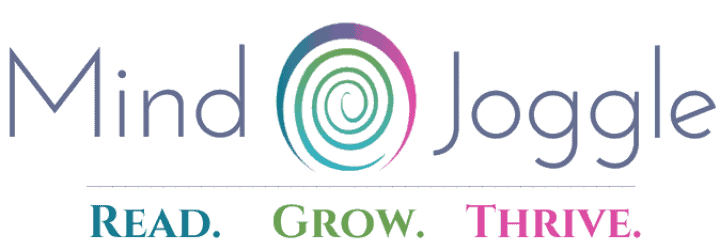


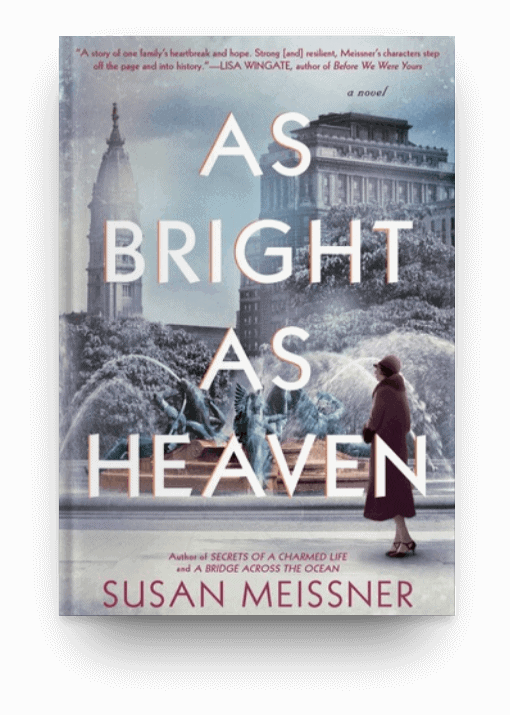
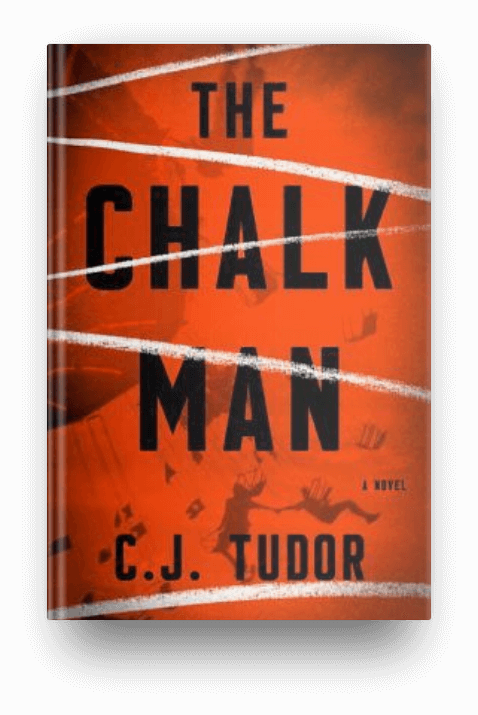
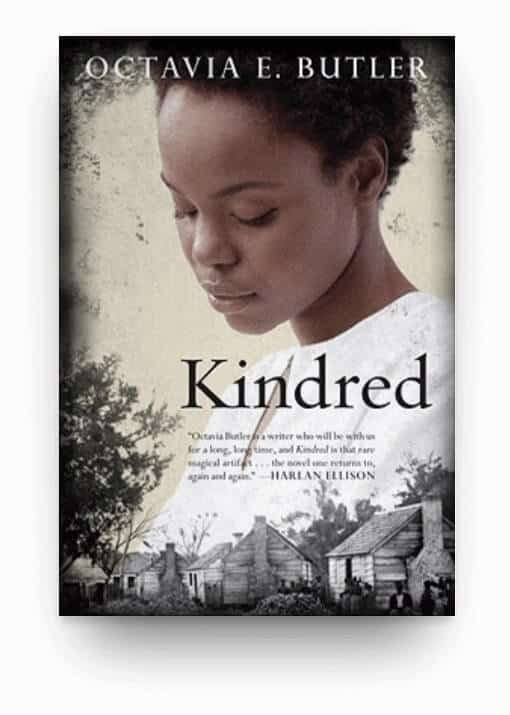

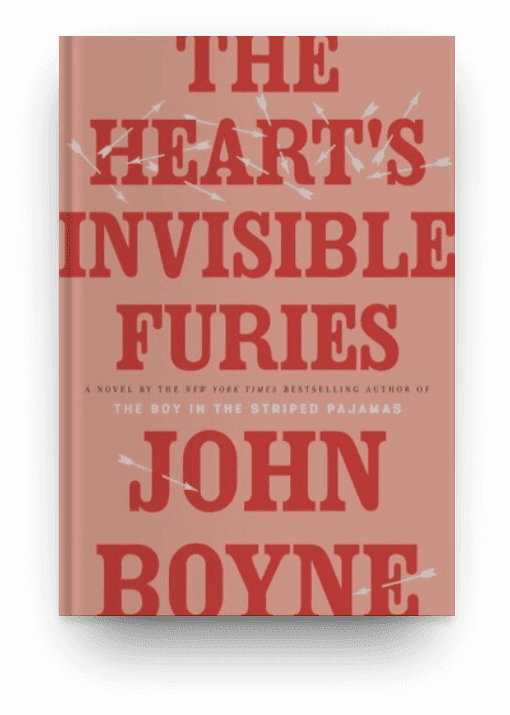
Interesting about tracking (or not!) your reading! I use a huge spreadsheet, but the number I look at every month is % Successful Books rather than # of books read. But, I do enter my books on Goodreads too and have a reading goal for the Challenge. I can’t lie and say I don’t look to see whether I’m on track!
I loved HIF too and was completely shocked at the history behind homosexuality there. I had no idea it was so oppressive and so recent that homosexuals could live openly.
I’m definitely intrigued by your spreadsheet, since the focus seems to be better reading vs. just more reading. And there’s nothing wrong with tracking or wanting to read more, either–I just know that for me it seems to affect what I choose (shorter) and how much I enjoy reading. I do like to check my overall number at the end of the year, but I try to stay away from it before then ☺️
I’m considering not doing the Goodreads challenge next year! Will make not focusing on quantity much easier!
I really liked Kindred too, but wish there had been more explanation about Dana’s time travel. If it’s going to be hailed as the first sci-fi book written by a black woman, I want a little more “sci” to go along with the “fi” 🙂 Have you read the graphic novel? I haven’t yet, but it’s on my TBR!
I was surprised by how light it was on the sci-fi, and I also wished it had been explained a bit more. I didn’t know there was a graphic novel! I’ll have to try to find it.
I actually think that tracking encourages me to read MORE (and enjoy it more!), but I’m a total numbers-and-date nerd at heart, so it makes sense.
Definitely adding some of these titles to my TBR list, like As Bright as Heaven. Thanks for the new recommendations!
I think it’s definitely a personal thing! There are other things I like to track so it does make sense that different ways of tracking reading is motivating for some people.
Glad you found some good ones!
I love that you’re getting more joy out of reading! It’s kind of like when I run on the treadmill I put a towel over the screen so I can’t see how much time I have left or how far I have to go and I end up running longer. I think not tracking your reading takes away a lot of pressure and keeps you from comparing yourself against others. I don’t necessarily “track” my reading, but I do keep a journal of what I read and a few thoughts about the book. Otherwise, I’ll probably forget that I even read it! The Idiot sounds like an interesting read. I was going to read Chalk Man when it came out, but decided it wasn’t worth the sleepless nights 😉
Ha–I totally do that on the treadmill, too! I have found that blogging about books helps me remember them better, so that’s definitely positive.
I’m a total wimp about anything scary, so The Chalk Man might be okay if you’re tougher than me ?
It looks like you’ve enjoyed several really great books lately, Allison; thanks for sharing! I love to see what others are reading and hear their thoughts. I loved THIF and Kindred; both so powerful. Unfortunately, I did not stick with The Idiot; I feel better, thinking about it from the perspective that maybe I just didn’t get it – ha!
I don’t blame you for not finishing The Idiot! It’s pretty long and wandering, and there were several times I was trying to decide if I should continue or abandon it. I think it was some of the unexpectedly funny and poignant moments that kept me going, but it’s not like the book is teeming with them. They stuck out to me, but I could see how they wouldn’t for everyone. Plus I enjoyed it a lot more once I stopped trying to understand the messages between Selin and Ivan 🙂
The only one of these books that I’ve read is THIF and it was actually my top book last year. It’s so interesting that when you were in Ireland (such a short time later) the atmosphere for gay people seemed so much better. It’s nice to know a country could turn it around that quickly, but I bet tolerance is still low in some parts of Ireland (and here).
For whatever reason, tracking my reading doesn’t change my habits. Maybe because I my tracker mostly to record what I’ve read, but never look at stats? I have given up on being held to any kind of standard.
Like many others I read Heart’s Invisible Furies and loved it. That you were in Ireland near that time is fascinating. O agree with what you’re saying about marginalized groups- it’s impossible to know what life is really like for them. Even as friends we’re not able to see how deep the issues and their impact goes.
I agree–the key for me is avoiding stats and number goals. I do track what I’ve read, mostly so I can write about them later. I take a peek at the overall number at the end of the year (which yes, I do always wish was higher!), but I don’t set a goal. Most of my favorites tend to be big books, like THIF, and thinking too much about numbers keeps me from reading those.